On the occasion of Prime Minister Pham Minh Chinh leading the Vietnamese delegation to attend the BRICS Plus Leaders' Meeting (BRICS+) from October 23-24, VNA correspondent in Russia interviewed Vietnamese Ambassador to Russia Dang Minh Khoi about the objectives, significance and importance of this working trip. The following is the content of the interview:
Taking independence, autonomy, diversification and multilateralization as the guiding principle |
Affirming the foreign policy of independence, self-reliance, multilateralization and active international integration |
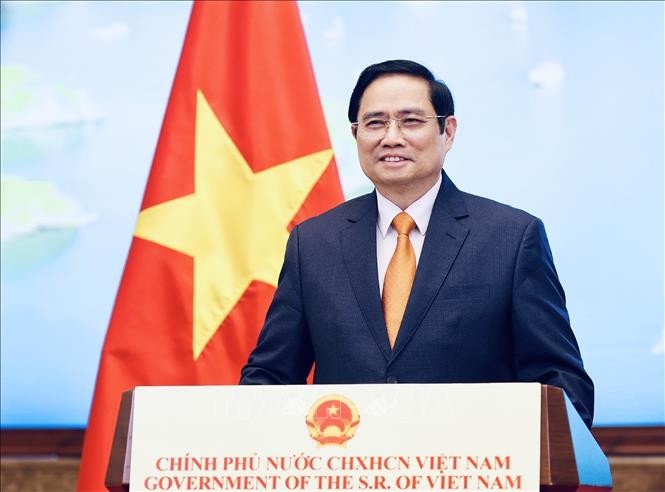 |
| Prime Minister Pham Minh Chinh will attend the BRICS Leaders' Meeting in Kazan, Russia from October 23-24, 2024. Photo: Duong Giang/VNA |
Please tell us about the objectives, significance and importance of the working trip of Prime Minister Pham Minh Chinh and the Vietnamese delegation to attend the BRICS+ Conference.
At the invitation of Russian President Vladimir Putin, from October 23-24, 2024, Prime Minister Pham Minh Chinh will lead the Vietnamese delegation to attend the BRICS Plus Leaders' Meeting (BRICS+) in Kazan, Russian Federation. This is an important high-level activity of BRICS and partner countries this year, with the participation of leaders of more than 30 countries, along with many guests representing international and regional organizations.
With the theme “BRICS and the Global South: Building a Better World Together”, the BRICS+ Leaders’ Meeting will focus on discussing cooperation between BRICS countries and the Global South in addressing issues on the international agenda, including regional and international situations, sustainable development, food and energy security.
This is of particular importance in the context of an increasingly complex world situation with the emergence of many fierce challenges, requiring countries to strengthen coordination to respond effectively.
Prime Minister Pham Minh Chinh's working trip is a high-level foreign activity of great significance, affirming Vietnam's consistent foreign policy of independence, self-reliance, multilateralization and diversification of foreign relations, proactive and active international integration, being a friend, a reliable partner and a responsible member of the international community. Vietnam's participation at this Summit also conveys Vietnam's message of supporting the role of multilateral cooperation forums and mechanisms, including BRICS, operating on the basis of respect for the United Nations Charter and in accordance with international law, promoting the voice and representation of developing countries in global governance as well as in addressing common challenges, contributing to building a multipolar and equitable world order, contributing to peace, stability and development of the region and the world.
On this occasion, Prime Minister Pham Minh Chinh also plans to meet and interact with senior leaders of other countries and leaders of international organizations to discuss in-depth and comprehensive measures to strengthen relations in areas of mutual interest, review the implementation of agreements, and deepen cooperation between Vietnam and other countries and international organizations, contributing to the development and stability of the region and the world. I believe that this working trip of Prime Minister Pham Minh Chinh will effectively contribute to the activities at the conference, affirming to international friends the image of a proactive, positive, responsible, sincere and friendly Vietnam, contributing to the common goal of peace, security, stability and sustainable development in the region and the world.
How does the Ambassador assess the pace of high-level delegation exchanges between Vietnam and Russia in recent times, and what significance does that have for efforts to further promote the Vietnam-Russia Comprehensive Strategic Partnership?
Prime Minister Pham Minh Chinh's attendance at the BRICS+ Summit during Russia's tenure as BRICS Chair also sends a message about the special relationship between Vietnam and the Russian Federation, continuing and effectively promoting the traditional friendship and multifaceted cooperation between the two countries that have been built and strengthened over many decades, based on the foundation of trust, sustainable cooperation and mutual respect.
Within the framework of the Conference, Prime Minister Pham Minh Chinh is expected to have an official meeting with senior leaders, as well as partners and major economic groups of the Russian Federation. This is an opportunity for the two sides to promote the implementation of the results of visits and contacts between senior leaders of the two countries in recent times, especially the state visit to Vietnam by President Putin (June 20, 2024), the phone call between General Secretary and President To Lam and President Putin (August 8, 2024) as well as the official visit to the Russian Federation by National Assembly Chairman Tran Thanh Man (September 8-10, 2024). The leaders of the two countries will focus on discussing major directions for bilateral cooperation in the coming time as well as discussing specific issues to remove difficulties and obstacles in cooperation between the two countries in the fields of economy, trade, energy, oil and gas, science and technology, education, and culture, contributing to the development of the Vietnam-Russia Comprehensive Strategic Partnership, both in breadth and depth, towards the 75th anniversary of the establishment of diplomatic relations between Vietnam and Russia in early 2025.
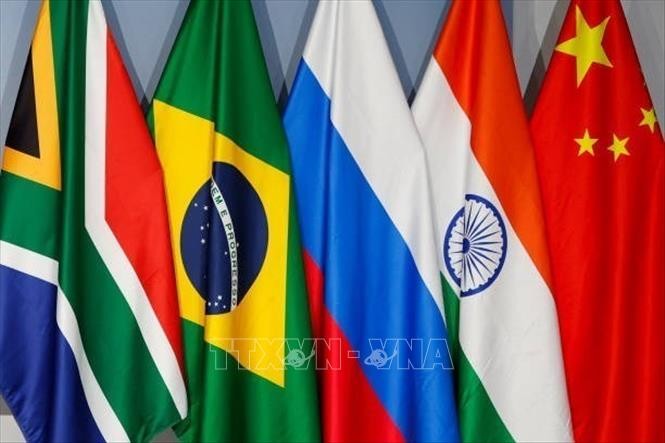 |
| National flags of BRICS member countries. Photo: Getty Images/VNA |
How does the Ambassador assess the role of BRICS?
BRIC was established in 2006 at the Foreign Ministers level, initially comprising 4 countries: Brazil, Russia, India and China, and upgraded to a Summit in 2009. BRIC was established with the initial goal of becoming a global political, economic and financial institution to reflect the balance of power in a more fair, balanced and representative manner. BRIC cooperation is based on 3 pillars: politics-security, economics-finance, culture-people exchange. Prominent cooperation mechanisms include the Summit, Foreign Ministers' Conference, specialized Ministerial Conferences, councils, alliances, specialized cooperation mechanisms and dialogue mechanisms with non-member countries.
Over the past 20 years, BRIC has made strong progress. In 2010, BRIC officially admitted South Africa to become BRICS and from January 1, 2024, it will admit 5 more members: Egypt, Ethiopia, Iran, UAE and Saudi Arabia. With the expansion of its membership, BRICS is gradually becoming a gathering of the world's largest emerging and developing economies with increasingly great potential, and has become a multilateral organization with increasing prestige and influence, a comprehensive cooperation mechanism, and is receiving increasing attention from many countries around the world. Notably, BRICS currently has 02 permanent members of the United Nations Security Council; 06 members of the G20; many members are middle-level countries.
In terms of economic scale, BRICS brings together many emerging economies and dynamic developing economies. To date, BRICS contributes about 37% of global GDP (in terms of purchasing power parity), accounting for nearly 50% of the global population, 49% of wheat production, 43% of global oil production and 25% of world merchandise exports. Impressively, among BRICS members, China has the world's largest GDP in terms of purchasing power parity (PPP) with a scale of 35,000 billion USD, India ranks third with 14,600 billion USD, and Russia ranks fourth with 6,450 billion USD (WB data in April 2024). At the same time, the economic scale and strength of BRICS have been enhanced with the operation of the New Development Bank (NDB) since 2015 and the BRICS Reserve and Contingency Fund (CRA). BRICS member countries are the leaders in terms of the value of natural resources and minerals and are located at major trade gateways, strategically connecting traffic with other continents. According to research on the value of natural resources such as oil and gas, coal, wood, minerals and other resources, Russia ranks first in the world with 75,000 billion USD, Saudi Arabia ranks 3rd (34,400 billion USD), Iran ranks 5th (27,300 billion USD), China ranks 6th (23,000 billion USD), Brazil ranks 7th (21,800 billion USD).
Ambassador, please give your assessment of cooperation between Vietnam and BRICS in 2024 and prospects for the coming time.
In 2024, Russia, as the rotating chair of BRICS, will prioritize promoting cooperation in three main areas: politics - security, economics - finance and culture - humanity under the motto "Strengthening multilateralism for equitable global development and security" with the aim of strengthening the role of BRICS as an important economic and political center, enhancing the role of BRICS in solving regional and global issues. Russia has planned to organize about 250 activities, conferences and forums in 15 Russian cities this year. This year's BRICS summit is the 16th but the first summit after BRICS expanded to 10 members, and is the largest foreign policy event held in Russia in recent years.
The host country attaches great importance to Vietnam's participation in this BRICS+ Summit. Prime Minister Pham Minh Chinh's first attendance at the BRICS+ Summit in Kazan from October 23-24 opens up new prospects for cooperation between Vietnam and BRICS, first of all, an opportunity to promote extensive cooperation with BRICS member countries and partners, while allowing access to BRICS' mechanisms, abundant resources, and large markets to serve the country's development goals, as well as opportunities to coordinate efforts in solving urgent issues on the global agenda. At the same time, in 2024, Vietnam was invited and participated in many BRICS+ activities at different levels, both party and state channels. Deputy Head of the Central External Relations Commission Nguyen Minh Tam attended the BRICS+ Political Parties Conference in Vladivostok (June 2024); Deputy Minister of Foreign Affairs Nguyen Minh Hang attended the BRICS Dialogue with developing countries in Niznhy Novgorod (June 2024); Minister of Public Security Luong Tam Quang attended the Meeting of Senior Representatives in Charge of BRICS+ Security in Saint Petersburg (September 2024); Deputy General Director of VNA Doan Thi Tuyet Nhung attended the BRICS Media Summit (September 2024).
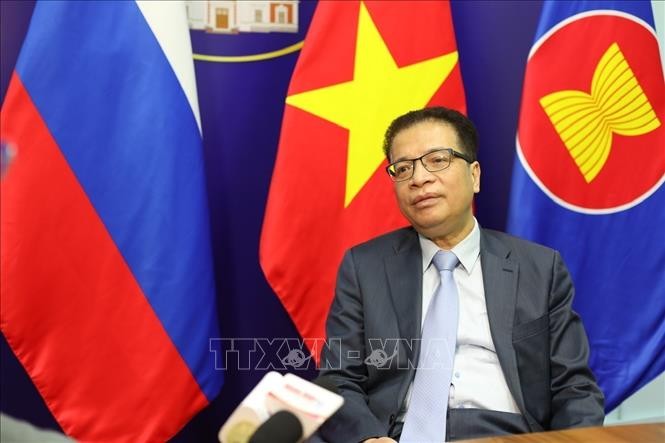 |
| Ambassador Dang Minh Khoi gives an interview to a VNA reporter in Moscow. Photo: Tam Hang/VNA reporter in Russia |
Many ASEAN member countries are also interested in participating in BRICS at different levels. Four ASEAN countries have leaders and representatives attending this BRICS+ Summit.
Thailand and Malaysia have officially applied to join BRICS. Vietnam has close relations with all BRICS member countries, of which Vietnam established a comprehensive strategic partnership with China in 2008, with Russia in 2012, and with India in 2016. China is currently Vietnam's largest trading partner; Russia is an important partner of Vietnam in energy and oil and gas, and Vietnam's cooperation with India in all aspects is developing strongly. Prime Minister Pham Minh Chinh's participation in the BRICS+ Summit in Kazan from October 23-24 opens up new prospects for cooperation between Vietnam and BRICS, first of all, an opportunity to promote extensive cooperation with BRICS member countries and partners, while allowing access to BRICS' mechanisms, abundant resources, and large market to serve the country's development goals as well as opportunities to coordinate efforts in resolving urgent issues on the global agenda. I believe that after Prime Minister Pham Minh Chinh's working trip and participation in the BRICS+ Summit, cooperation between Vietnam and BRICS member countries will have even stronger developments.
Thank you, Ambassador.
According to Duy Trinh (Vietnam News Agency)
https://baotintuc.vn/thoi-su/viet-nam-khang-dinh-duong-loi-doi-ngoai-doc-lap-tu-chu-da-phuong-hoa-20241021114839564.htm
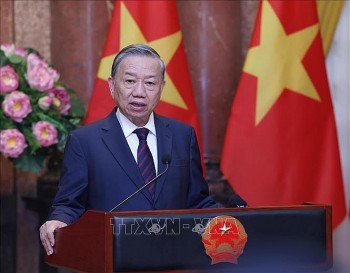 Article by General Secretary and President To Lam: Promoting Party spirit in building a socialist rule-of-law state in Vietnam Article by General Secretary and President To Lam: Promoting Party spirit in building a socialist rule-of-law state in VietnamVietnam News Agency (VNA) respectfully introduces an article by General Secretary of the Central Committee of the Communist Party of Vietnam and President of the Socialist Republic of Vietnam To Lam: “Promoting Party spirit in building a socialist rule-of-law state in Vietnam”. The following is the content of the article: |
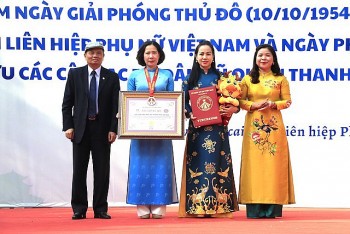 Set Vietnam record for the largest Ao Dai folk dance performance Set Vietnam record for the largest Ao Dai folk dance performance"The folk dance performance with Ao Dai in communes, wards and towns in Hanoi with the largest number of women performing in Vietnam" was announced and awarded the Decision to establish a Vietnamese Record by the Council of the Vietnam Record Organization - VietKings. |
Source: https://thoidai.com.vn/viet-nam-khang-dinh-duong-loi-doi-ngoai-doc-lap-tu-chu-da-phuong-hoa-206309.html



![[Photo] Prime Minister Pham Minh Chinh chairs a special Government meeting on the arrangement of administrative units at all levels.](https://vphoto.vietnam.vn/thumb/1200x675/vietnam/resource/IMAGE/2025/5/9/6a22e6a997424870abfb39817bb9bb6c)

![[Photo] Magical moment of double five-colored clouds on Ba Den mountain on the day of the Buddha's relic procession](https://vphoto.vietnam.vn/thumb/1200x675/vietnam/resource/IMAGE/2025/5/9/7a710556965c413397f9e38ac9708d2f)
![[Photo] Russian military power on display at parade celebrating 80 years of victory over fascism](https://vphoto.vietnam.vn/thumb/1200x675/vietnam/resource/IMAGE/2025/5/9/ce054c3a71b74b1da3be310973aebcfd)
![[Photo] General Secretary To Lam and international leaders attend the parade celebrating the 80th anniversary of the victory over fascism in Russia](https://vphoto.vietnam.vn/thumb/1200x675/vietnam/resource/IMAGE/2025/5/9/4ec77ed7629a45c79d6e8aa952f20dd3)
![[Photo] Prime Minister Pham Minh Chinh talks on the phone with Singaporean Prime Minister Lawrence Wong](https://vphoto.vietnam.vn/thumb/402x226/vietnam/resource/IMAGE/2025/5/8/e2eab082d9bc4fc4a360b28fa0ab94de)



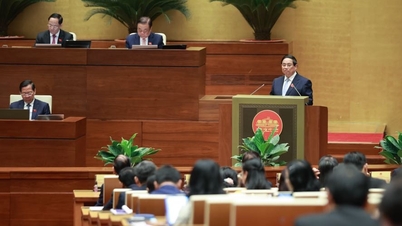
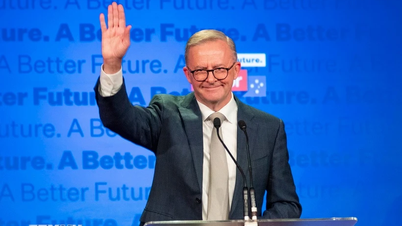

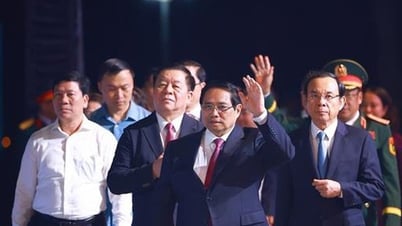


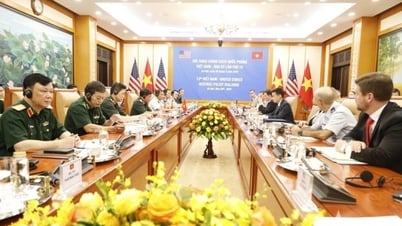
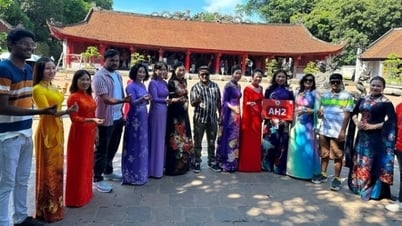

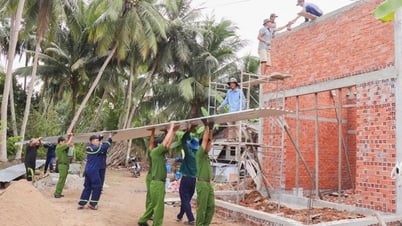
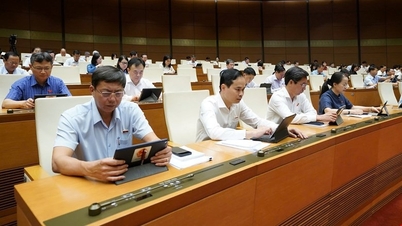
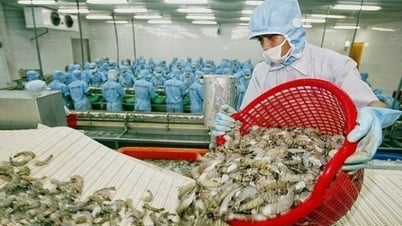




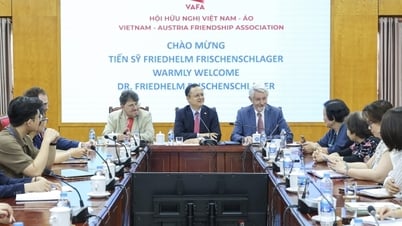
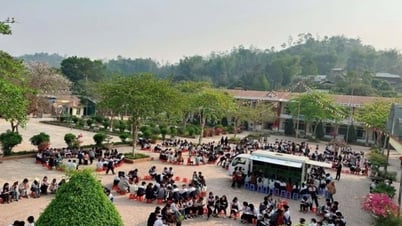
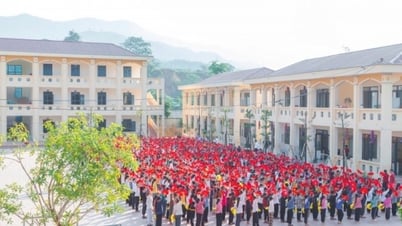
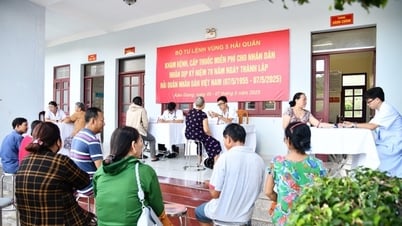
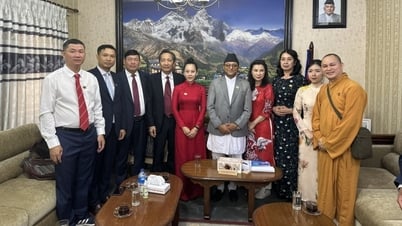
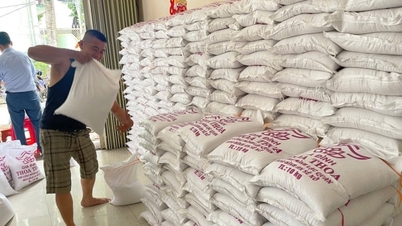
































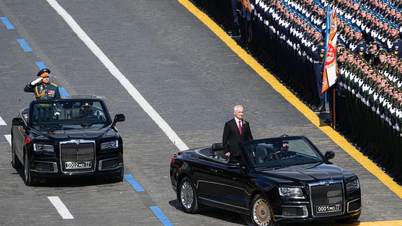

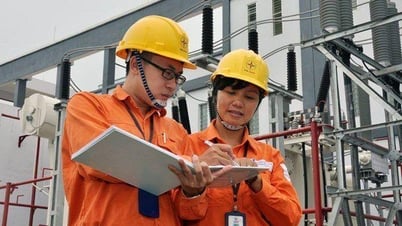

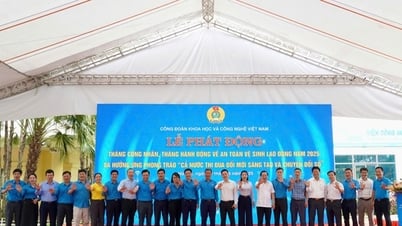

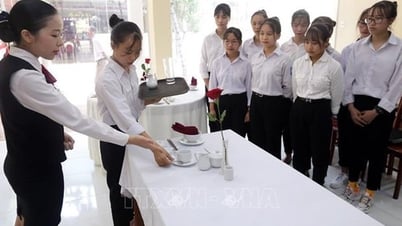

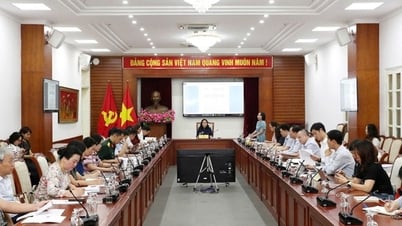
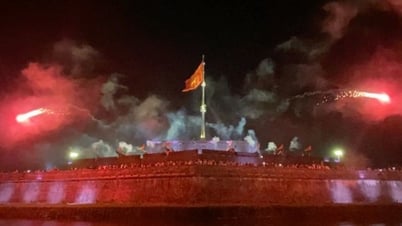
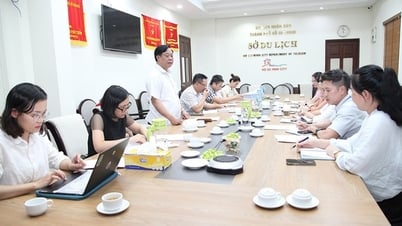


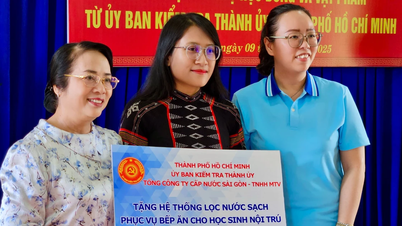

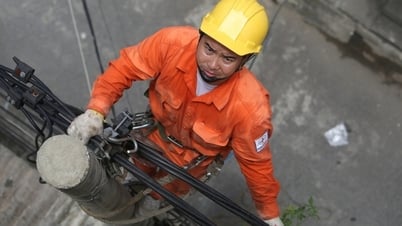
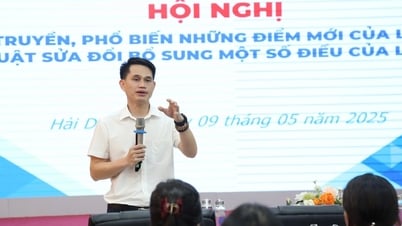

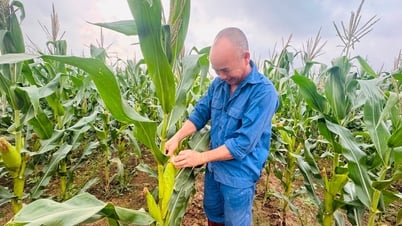
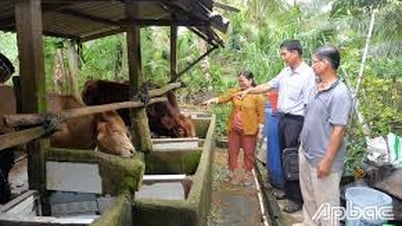











Comment (0)